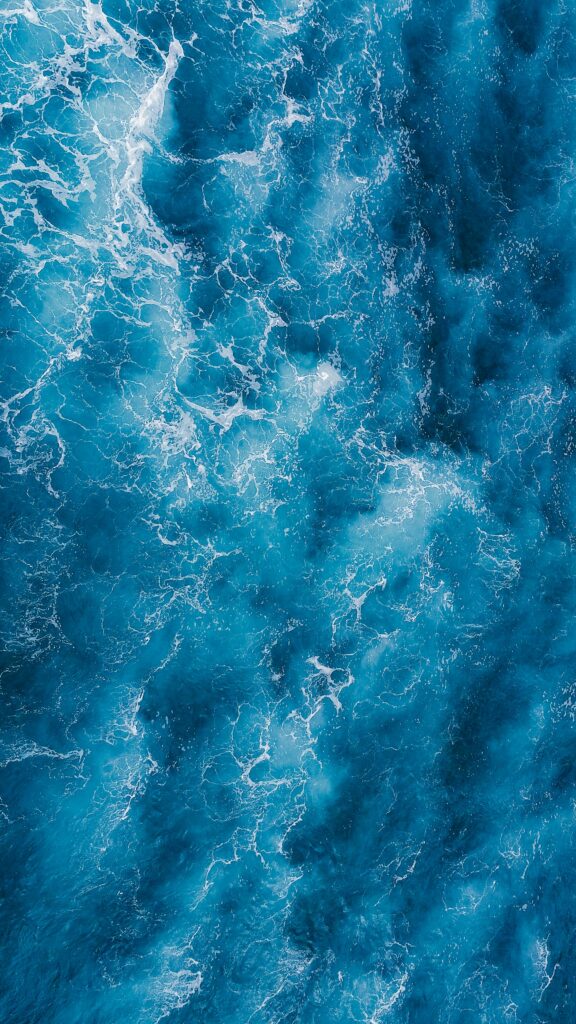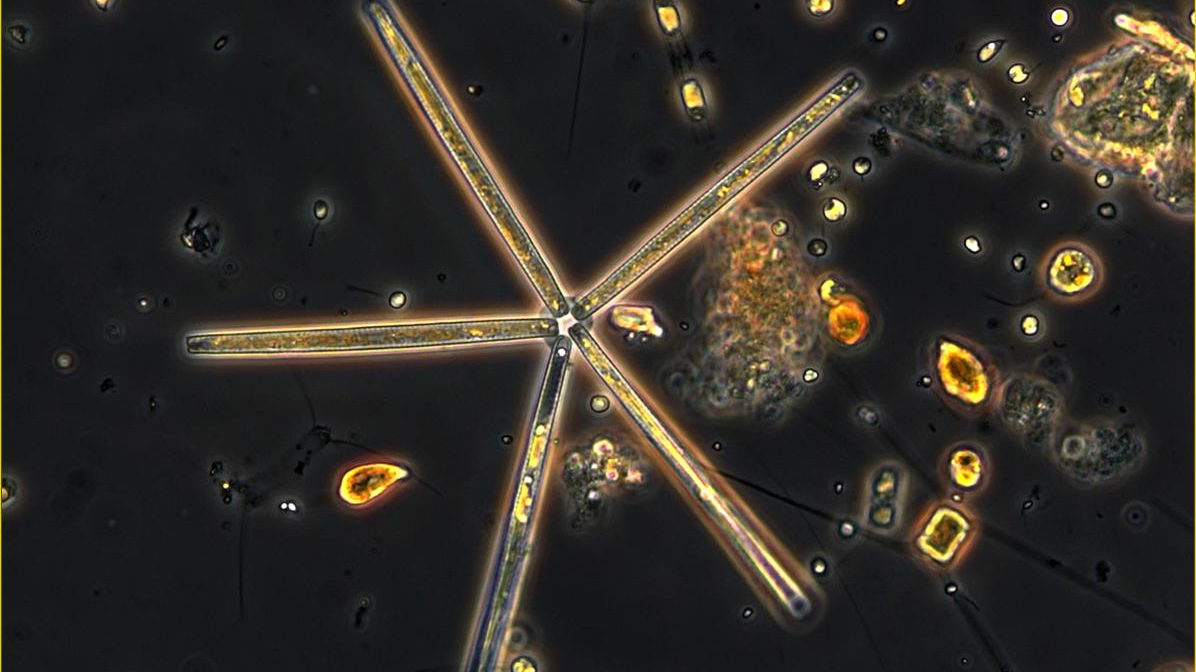Contributions and contact persons
The ocean has become a political priority in Germany - the current Coalition agreement by the SPD, the Greens and the FDP clearly differs from previous treaties in some points.
It is particularly important for marine research that it is assigned a higher status. In addition to the extensive references to the sea, marine research in particular is mentioned in the same sentence as space research in the list of the most important future fields. This higher prioritisation is associated with a change in expectations. Specifically, the new coalition seems to expect a translational focus, with marine research building on its discoveries and making concrete contributions to the sustainable use and protection of the oceans in the future.
In addition to this overarching strategic reorientation, very concrete and specific goals (e.g. scouring nets) are dealt with in a detailed form not found in previous coalition agreements with regard to the environment and sustainability. Similarly concrete are the references to the sea in German foreign policy and the goal of further negotiating or implementing various international agreements. These include, for example, plastic in the sea, biological resources on the high seas and the environmental compatibility of deep-sea mining. In some cases, specific reference is made to the expansion of our knowledge. However, references to shipbuilding and marine technology, which were still included in the coalition agreements of 2009 and 2013, are no longer listed.
For German marine research, this coalition agreement offers enormous opportunities. The parallel mention to space research plays a key role here. A vertical institutional integration of marine research is certainly not sensible in this context. The ocean is a complex and ever-changing space - and the goals for action towards protection and benefit are manifold.
In principle, marine research with its diversity in terms of content, intellect and geography is already in an excellent position to be able to offer a wide range of research opportunities at any given time:
- to work on almost all aspects of the ocean - from the coast, to the open sea, to the polar regions and around the world;
- proactively address new issues and emerging challenges;
- to be able to conduct basic scientific research and meet societal needs at the same time.
Marine research should maintain these capacities and, at the same time, strategically bundle mission-oriented work derived from space travel. In doing so, it is already acting with a mission approach at national (e.g. missions of the German Alliance for Marine Research) and EU level (EU mission Restore our Ocean and Waters by 2030). For this, marine researchers are increasingly working in broader value chains - from gaining knowledge to concrete actions for better protection and more sustainable management of the ocean.
In future, KDM will present the results of these efforts more visibly to society, with a focus on articulating understandable narratives. Specifically, in the future it will be worked out more clearly exactly what contribution marine research makes to a better understanding of the sea and to overcoming challenges in this unique sphere. Creative instruments for implementing such narratives are now numerous.
Further information and contact persons on the priorities mentioned in the coalition agreement can be found under the following links:



